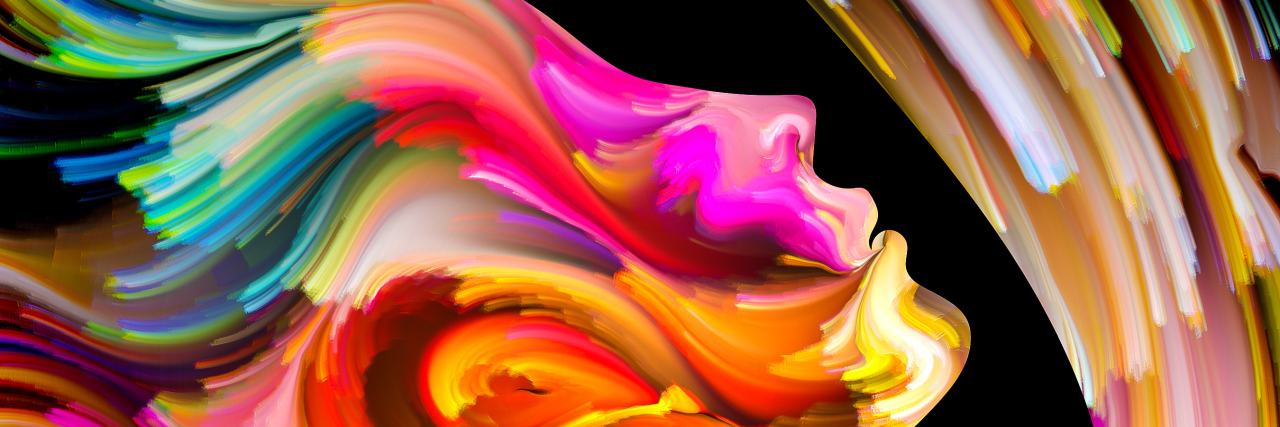All things considered, I’m a pretty average 23-year-old. I recently moved to a big East Coast city from my more suburban Midwestern hometown for job prospects. I graduated from a four-year university. I have a lot of friends and a girlfriend. I like to go out to bars, explore new restaurants, check out museums and go to parks. I am as addicted to Netflix and Facebook as the next 20-something.
But along with these fairly average traits, there is something not so average about me. I have a physical disability called cerebral palsy (CP). Cerebral palsy is a permanent physical disability that is the result of sustaining a brain injury before, during or shortly after birth. Cerebral palsy causes some form of paralysis and impairment in your muscles, often impacting balance and physical mobility. My CP is pretty mild. It makes the right side of my body partially paralyzed, which makes it very painful for me to stand for long periods of time, use stairs, or do other somewhat strenuous physical activities. My CP impacts my body in more ways than I can list here.
Cerebral palsy is not progressive, because it is caused by a one-time brain injury. So my brain injury will never get worse or better. It is similar to how someone who sustains a stroke will not have a worsening of symptoms over time. I will always have mild muscle paralysis, but I will never wake up and suddenly be completely paralyzed. However, my muscle pain will likely get worse as I get older. Like all aging bodies, our muscles weaken and become more prone to arthritis and other impairments as we age. For someone with cerebral palsy, this aging generally happens at a much more rapid pace.
So what does it feel like to be in your early 20s and navigating a chronic physical disability? Contradictory. Contradictory in the sense that I am just now starting to seek my newfound independence. I am trying to push the boundaries on who I want to become and how I will live my life. I am eager to explore new cities and countries, to adopt new hobbies, and to be bold. That is where I am at emotionally.
But physically? Physically, for all intents and purposes I have the body of an adult in their late-40s. I am at the risk of getting arthritis in the next few years. I wake up every morning with back pain. I know that I can only really “go out” one night a week or risk being on bed rest for multiple days at a time, because I will be too sore to move afterwards. Physically, I try to be cautious and careful. I always have safety warnings floating in the back of my mind – even when I am out dancing with my friends. I know all too well the very severe implications one fall can have for someone with a body like mine.
I do not have the same sense of invincibility of spirit that my friends seem to have. While my mind wants to push the limits to explore my newfound independence, my body is adjusting to its rapidly increasing dependence. I am learning to come to terms with a body that is not as strong as it once was, but as only a 23-year-old.
And it also feels isolating. None of my friends seem to know how it feels to realize you cannot do something you once could because you are getting older. These life hurdles generally come decades later than your 20s. While I am learning how to “adult,” I am also learning how to age – and how to gracefully lose some of my physical strength and abilities. None of my friends have to face that yet. Most of my friends have not even thought about ever having to face that.
Just like a typical 23-year-old, I am still trying to figure things out. I am still trying to learn how to have confidence and pride in who I am as I make my mark on the world. While it is harder to have that confidence and pride when you have a disability, it is still possible – and necessary. I am still learning and growing, just perhaps at a faster rate than the average person my age.
We want to hear your story. Become a Mighty contributor here.
Thinkstock photo by AGS Andrew.

